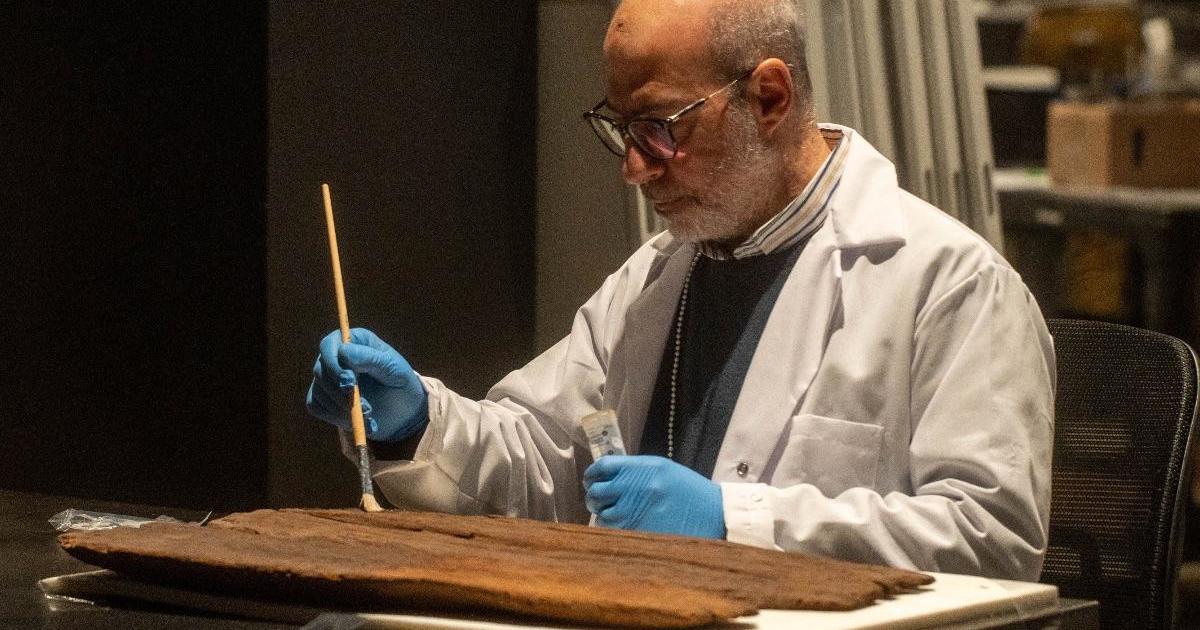Blood Type May Hint At How Hard Coronavirus Hits, Study Says
PITTSBURGH (KDKA) - Your blood type may be a hint at your risk for coronavirus.
"The people who tend to have more severe disease and susceptibility to COVID-19 were group A, whereas people with group O were relatively less represented," Dr. Joseph Kiss, a hematologist and medical director at Vitalant.
In a study in the New England Journal of Medicine, European researchers compared 1,900 people severely ill with coronavirus to 2,300 healthy blood donors.
They combed through their genetic codes to see if they could find any differences.
"They found two genetic areas," says Dr. Kiss, "one of which had to do with immune regulation of the body, and another that had to do with ABO group."
People with type A blood had a 45% risk of becoming infected.
People with type O were only two-thirds as likely to become infected.
People with type O blood make antibodies against type A and type B — perhaps these antibodies are protective.
"It may have to do with your immune response," Dr. Kiss says, "but it may also have something to do with your level of von Willebrand factor."
People with type A make more of this von Willebrand factor, a protein involved with clotting, or coagulation.
"There's association with coagulation abnormalities and people with severe COVID-19," he points out.
Among Vitalant's convalescent plasma donors, this pattern holds up. "We are seeing slightly under-representation of group O, meaning these were the people that were less affected."
About 45% of the population is type O. About 40% is type A.
"This potential difference would affect a large segment of the population," says Dr. Kiss.
Perhaps relevant to treatment or vaccines.
But on an individual basis, don't panic or get complacent.
"Anyone from any blood type can still have a severe infection," Dr. Kiss says.
Focus instead on what you can control. "You can improve your weight, you can make yourself in general less susceptible. Can't do much about your age, or your blood type."
Just another piece of the puzzle as to why some people are affected more severely than others.



